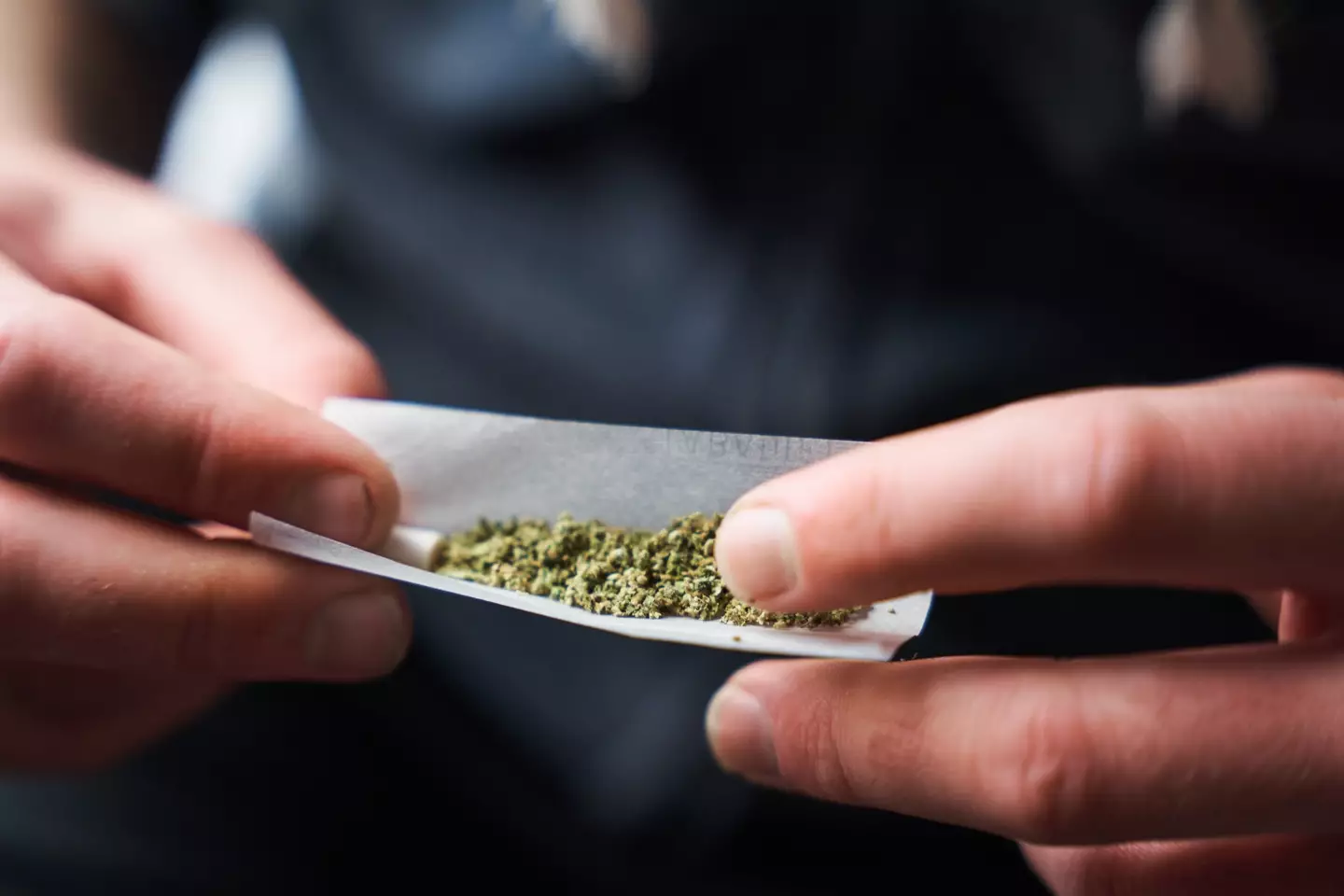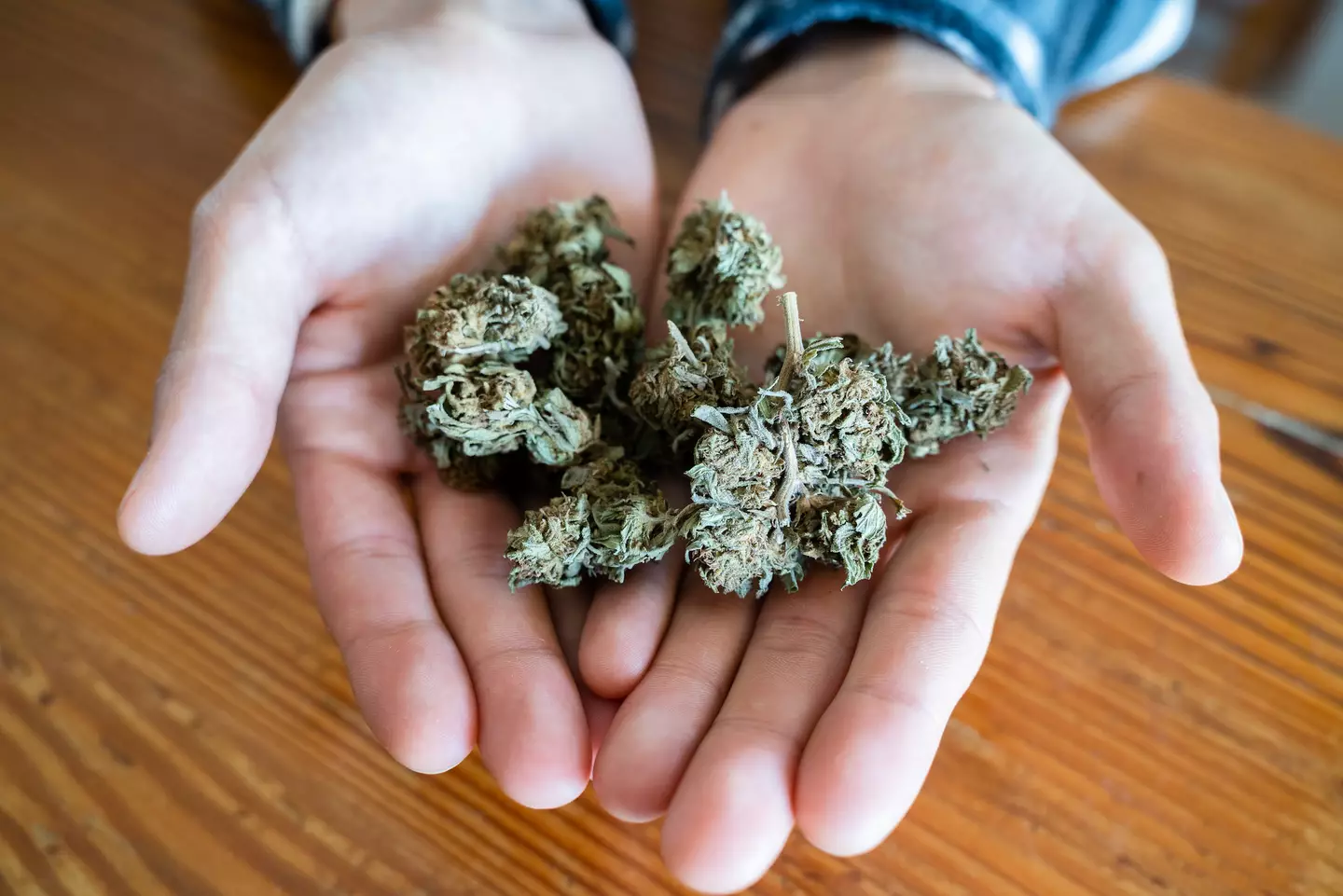
A recent study has revealed just how cannabis can negatively impact a person and what the drug is causing to happen in the brain.
While marijuana use has always been a contentious topic in the US, it has become more socially acceptable as many states have made recreational use of the drug legal - 24, to be precise.
While some consider it a rather harmless drug - especially as 39 US states have legalized medicinal use of cannabis - some of its possible negative impacts are less spoken about.
A recent study, published in November last year, highlighted how cannabis can impact the brain and ultimately ‘reduce brain connectivity’.
Advert
McGill University researchers found that young adults at risk of psychosis show reduced brain connectivity, and that this is made worse by cannabis use.

The researchers found that there was a marked decrease in synaptic density - the connections between neurons that enable brain communication - in individuals at risk of psychosis, compared to a healthy control group.
To come to this conclusion they did a study that was first of its kind that used advanced brain scanning technology to study 49 participants aged 16 to 30, including individuals with recent psychotic symptoms and those considered at high risk.
The study, that was published in JAMA Psychiatry said that lower synaptic density is linked to social withdrawal and lack of motivation, symptoms the researchers say are difficult to treat.
Senior author of the study and professor in McGill’s Department of Psychiatry, Dr. Romina Mizrahi, said: "Not every cannabis user will develop psychosis, but for some, the risks are high. Our research helps clarify why.
"Cannabis appears to disrupt the brain’s natural process of refining and pruning synapses, which is essential for healthy brain development."

First author Belen Blasco, a PhD student at McGill’s Integrated Program in Neuroscience, explained why this study was ultimately beneficial for the scientific community and how it could help treatments in the future.
Regarding treating psychosis, he said: "Current medications largely target hallucinations, but they don’t address symptoms that make it difficult to manage social relationships, work, or school. By focusing on synaptic density, we may eventually develop therapies that enhance social function and quality of life for those affected."
While cannabis is a known risk factor for developing psychosis, which can progress to schizophrenia, this is the first time researchers have measured structural changes in the brains of a high-risk population in real time, according to a press release about the study.
The press release also said for next steps the research team will explore whether these observed brain changes could predict psychosis development, potentially enabling earlier intervention.
If you want friendly, confidential advice about drugs, you can call American Addiction Centers on (313) 209-9137 24/7, or contact them through their website.